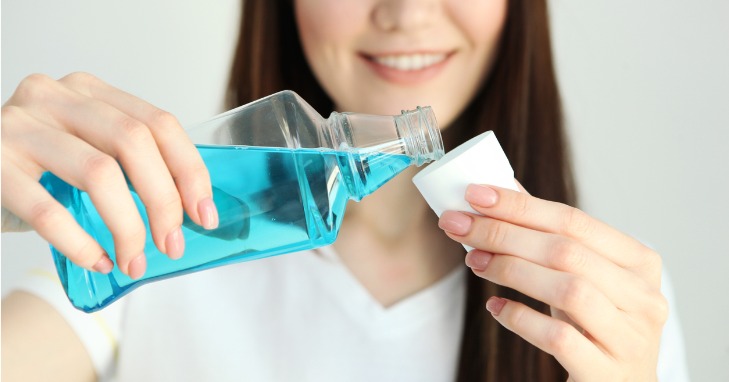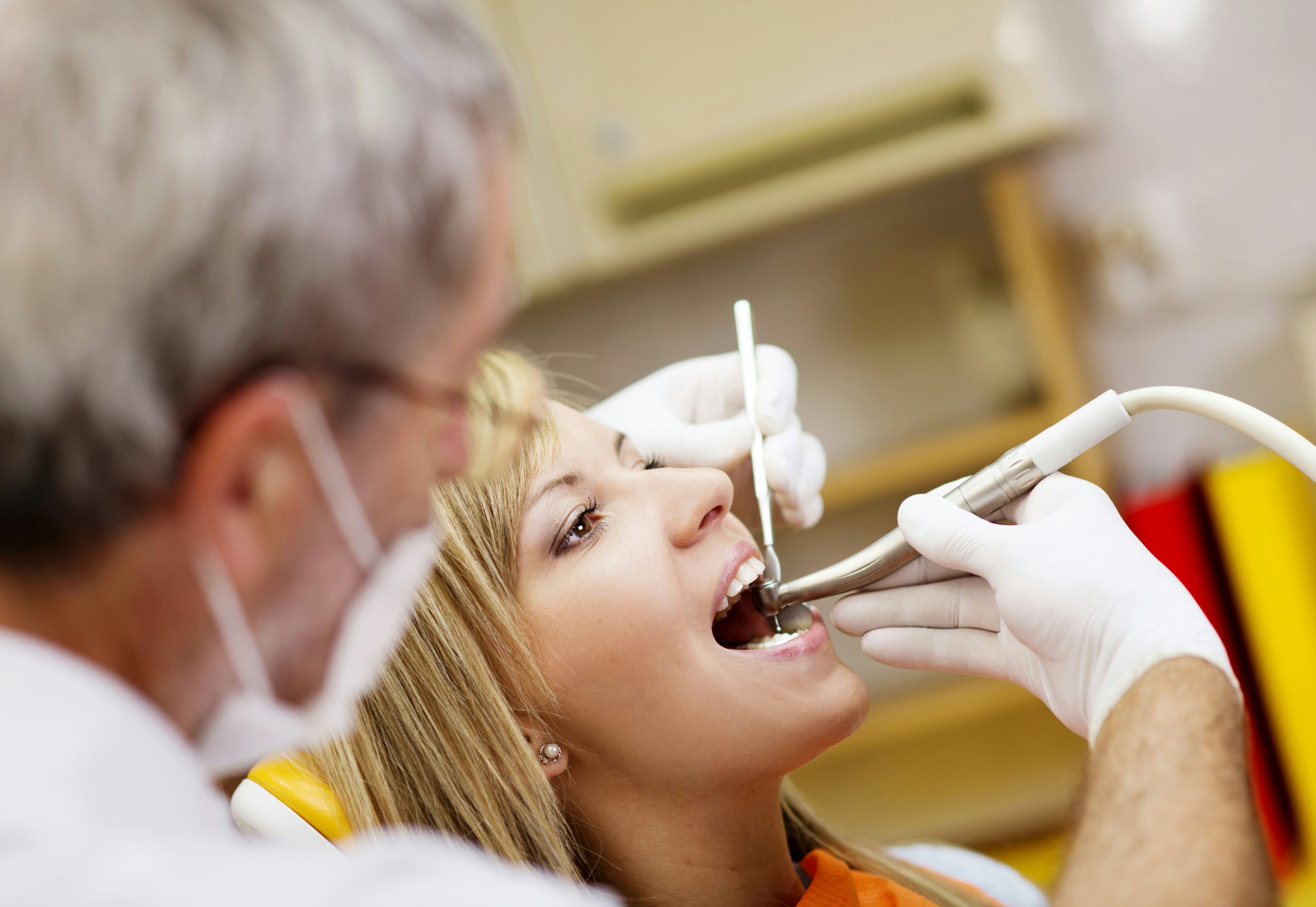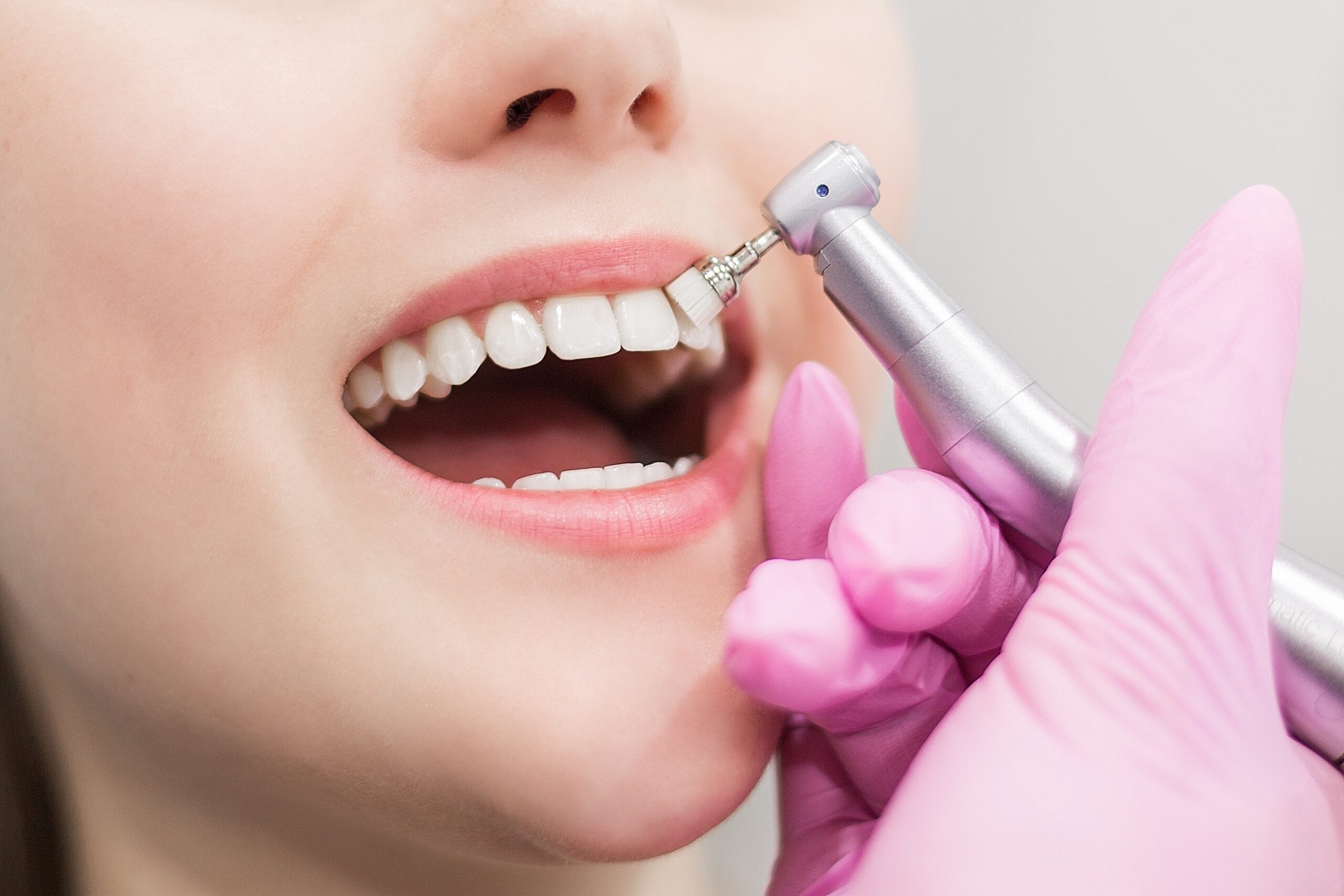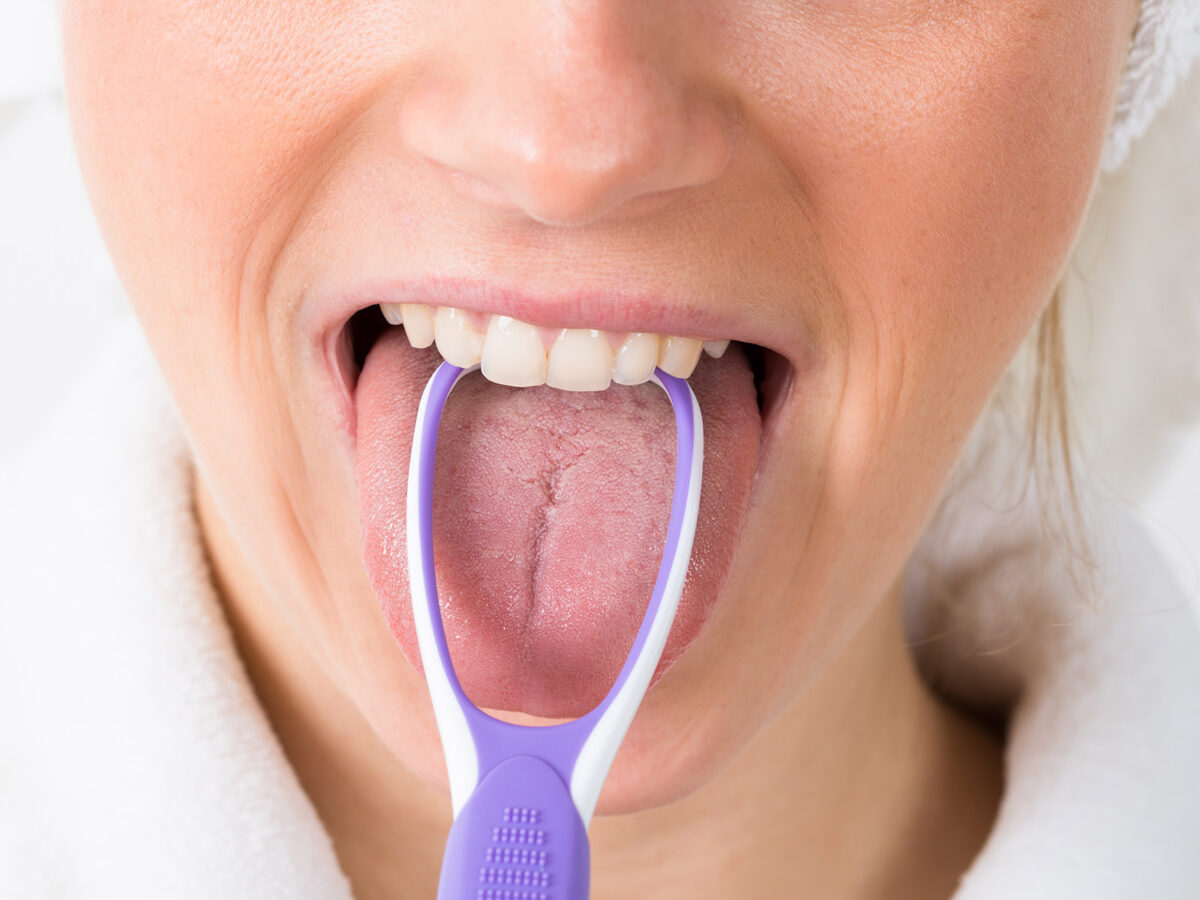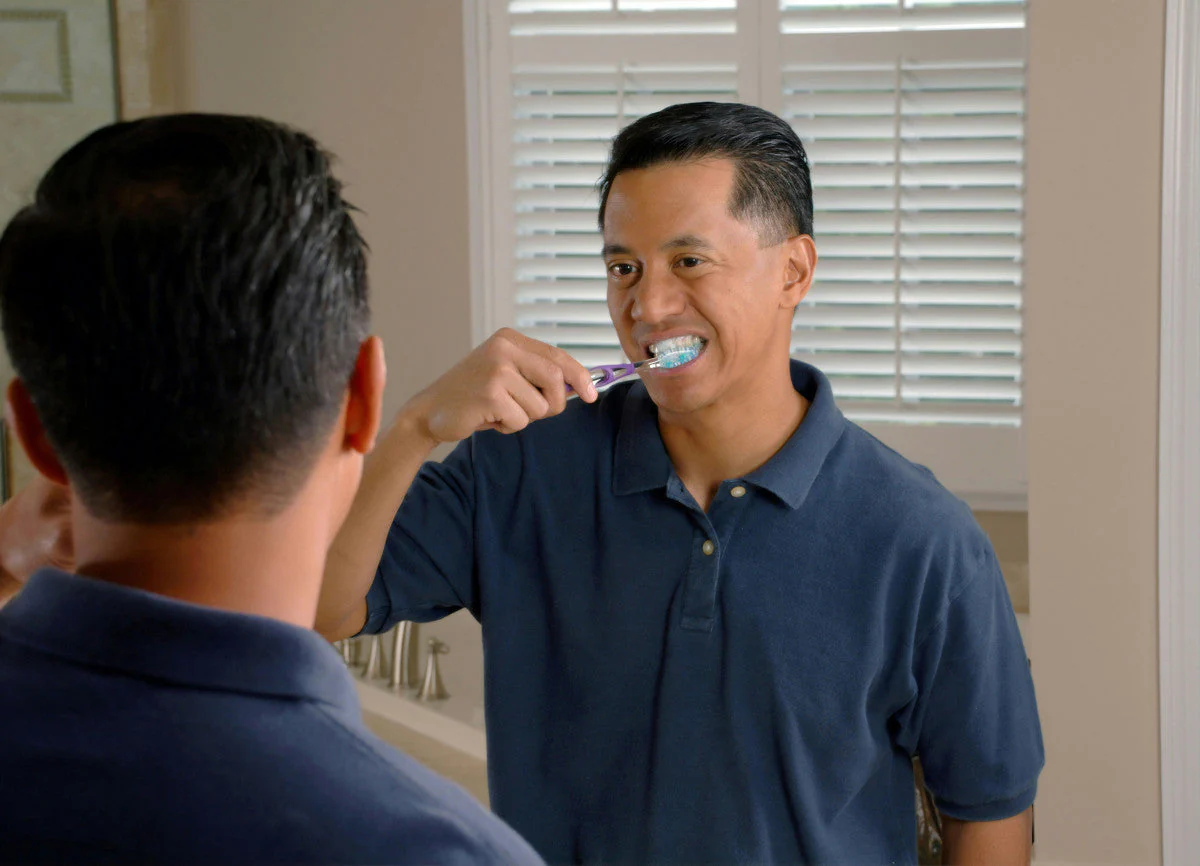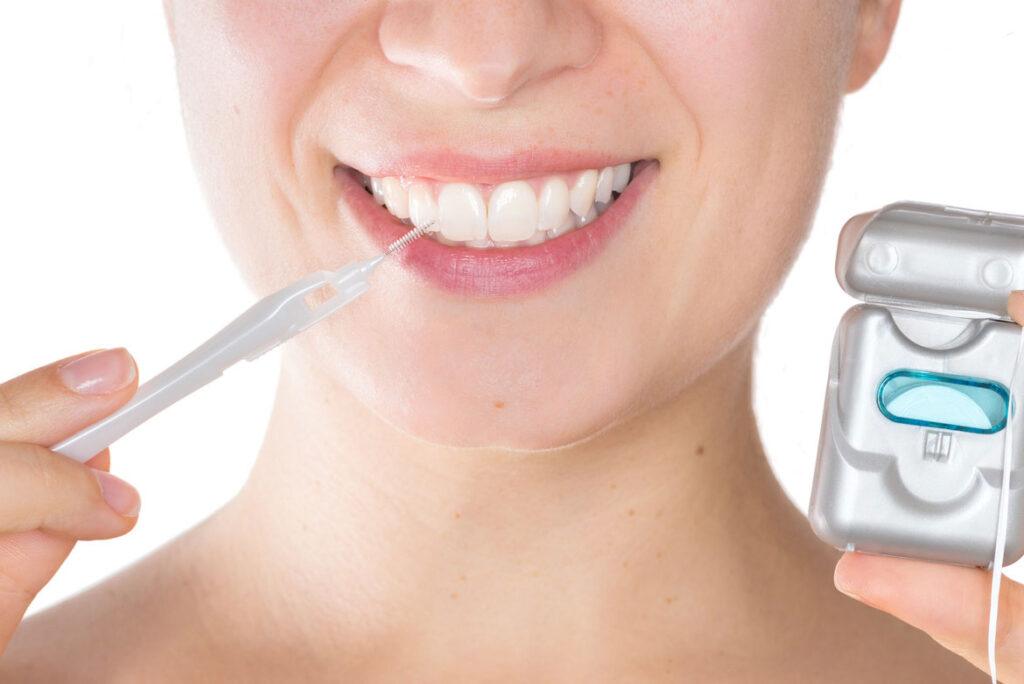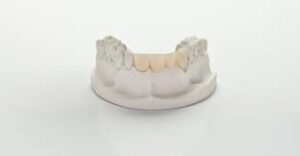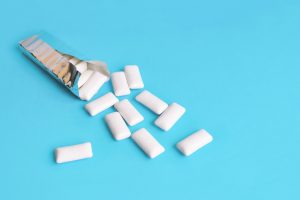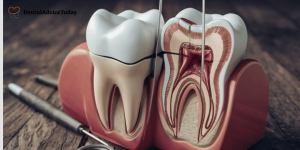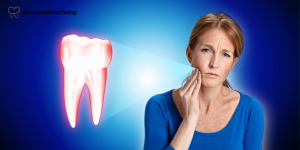Gum disease is a common issue around the world that affects many people. It causes swollen and reddened gums. This may also bleed. Failure to treat it may result in the loss of teeth. This problem can be controlled by the use of an antiseptic mouthwash. It fights bacteria as well as keeps your mouth clean. It is also good for maintaining gyms health.
It is essential to brush and floss. But Mouthwash adds an additional care. It goes where your brush can never go. This is a simple thing you can do in your everyday life to keep your breath fresh. It also maintains strong gums. We will discuss antiseptic mouthwash and its contribution to gum care in this blog.
What Is an Antiseptic Mouthwash?
Antiseptic mouthwash is a clear liquid that gets your mouth clean as well as combats germs. It contains such ingredients as chlorhexidine or cetylpyridinium chloride or essential oils. These components kill bacteria that are the causes of gum disease and bad breath. Gargle it in your mouth for about 30 seconds and spit it out. It is easy to operate and has a new touch. It is used by many individuals following the process of brushing and flossing. It is available in shops and it is in numerous flavors. Its frequent use prevents decay of your gums and also of your mouth.
How Antiseptic Mouthwash Helps Treat Gum Disease
The antiseptic mouthwash is useful for the treatment of gum disease. It eliminates bacteria and prevents the growth of plaque. It is also useful in brushing and flossing and keeps the breath fresh. The daily use of gum can help a lot.
Kills Harmful Bacteria
Bacteria cause gum disease. They produce a sticky gum on teeth. Antiseptic mouthwash eliminates these germs before they damage your gums. It gets into the spaces between teeth and gums that the brush cannot enter. It reduces the risk of infection and eliminates germs. It keeps your mouth clean and healthy as well when you use it regularly.
Reduces Gum Swelling and Bleeding
Early gum disease is represented by swelling and bleeding gums. Mouthwash with antiseptic properties is useful in calming down gums. It reduces the swelling and pain. Rinse daily to make your gums firmer and less sore. Bleeding during brushing occurs less frequently. The use of this will result in pink gums and a healthy mouth.
Prevents Plaque Buildup
A plaque is formed as the bits of food get combined with germs. It becomes hard and sore on your gums no matter how much you clean it. Mouthwash eliminates germs and prevents plaque. It smoothens the sticky film and then becomes hard. This assists you in brushing your teeth using a brush or floss. Mouthwash will keep your mouth and teeth clean.
Improves Breath
Bad breath begins with germs in your mouth. Mouthwash eliminates such germs and prevents bad smells. Rinse your mouth to make it clean and fresh. It comes in handy when you have smelly food such as garlic or onions. Use it daily to keep your breath fresh and have more confidence.
Supports Brushing and Flossing
Brushing and the use of flosses are good but leave some areas unclean. Mouthwash provides the additional attention that the brush is unable to provide. It cleanses food that is in your mouth and eliminates germs. It makes your mouth clean after every rinse. A Mouthwash after brushing and flossing will make your mouth clean and healthy.
Best Types of Antiseptic Mouthwash for Gum Health
Mouthwashes are not similar. Others will only get your breath clean. Others kill germs. Select a mouthwash antiseptic that benefits your gums. Check such items like chlorhexidine or cetylpyridinium chloride. These are useful in the reduction of germs and plaque. These are some of the healthier options for gummies.
Listerine Antiseptic
This mouthwash is very popular for gum cleaning. It consists of different oils such as menthol and eucalyptol. These oils eliminate germs that produce plaque. Listerine is good and fresh. It prevents the occurrence of bleeding gums. You can find it in many stores. It comes in many flavors.
Corsodyl
It has Chlorhexidine 0.2%. Corsodyl is an effective mouthwash. It kills germs and cures gum infections. It is recommended by dentists to be used temporarily in case the gums are inflamed. It prevents haemorrhage and soreness. Follow the directions. Excessive use may make teeth stained and yellow.
Colgate Peroxyl
It contains hydrogen peroxide. It cleans and heals gums. It produces oxygen, which helps to clean and treat sores in the mouth. It is mild and gentle to sensitive gums. You can use it every day. It also leaves your breath fresh.
ACT Anticavity + Antigingivitis
ACT periodontal mouth mint prevents cavities and gum disease. It contains fluoride and germ killer. It strengthens teeth and reduces the level of bacteria. It is convenient to use as a daily mouthwash. It is alcohol free and mild for the delicate user.
Natural or Herbal Alternatives
If you are fond of natural products. Take the following herbal selections:
- Tea tree oil mouthwash is anti bacterial
- Mouthwash made of aloe leaves soothes the gingiva
- Gums can be cleansed and patinated by saltwater rinse
- Clove oil relieves swelling and painful mouthwash
- Green tea mouthwash maintains breath and keeps gums safe
Possible Side Effects & Precautions
Most mouthwashes that kill germs can be used daily. Others produce minor side effects. Read the label and instruct yourself. Do not swallow it. Quit using it when it is painful to your mouth or changes the taste. Consult your dentist for serious issues.
Common Side Effects
- The sensation of numbness in the mouth
- There could be a temporary change in taste
- Mouth may feel dry
- Chlorhexidine mouthwash may cause teeth to stain
- Mouthwash can cause irritation in the mouth
- Some will have an allergic reaction
- Excessive usage can peel off mouth skin
- The overuse may result in the emergence of white spots
- Cases may develop tartar
- Taste of bitterness might be short lived
- Mouth slightly numb after rinsing
Sensitive User Advice
- Use alcohol free mouthwash when your mouth is dry
- Chlorhexidine should not be used over an extended period
- Run under water in case it burns excessively
- Test a little at first in case you are allergic
- Do not switch without the advice of your dentist
- Store away mouthwash in children
- Take the quantity printed on the label
- It should not be used when your mouth is sore or has wounds
When to See a Dentist
- Gums still bleed after two weeks of use
- Pain or swelling keeps getting worse
- Mouth feels dry or sore all the time
- White or dark spots show on teeth or tongue
- A strange taste stays in your mouth
- Mouth ulcers or sores do not heal
- Bad breath stays after using mouthwash
- You are not sure which mouthwash to use
Conclusion
Antiseptic mouthwash aids you in taking care of your gums. It combats bacteria and keeps your mouth clean. It is most effective with brushing and flossing. Pick one that suits you and mark it. See the dentist in the case of sore or bleeding gums. Good gums make up a good smile. Spend a few minutes each day. Your mouth will remain clean and healthy.
FAQs
What mouthwash is best for gum disease?
Listerine and Corsodyl are good choices for gum disease. They kill the germs and aid in preventing plaque. They are also soothing for red and sore gums. Brush and clean your teeth with them daily. This maintains fresh and healthy gums.
Will antiseptic mouthwash help gum infection?
Antiseptic mouthwash helps gum infection by killing bad germs. It cleans around the teeth and gums. They assist with swelling and pain. Apply frequently to aid in gum recovery and prevent the spreading of infection.
What mouthwash is good for pregnancy gingivitis?
Good alcohol free mouthwash such as ACT Anticavity and Antigingivitis is good. Aloe vera or salt water mouthwash is suitable in pregnancy gingivitis. It is mild and safe to use. It aids in the swelling of the gums and leaves the mouth not dry and sore.
Is mouthwash safe for kids?
Mouthwash may be safe for children provided that it is alcohol free and child friendly. Never leave them alone when they are using it. Be sure that they do not swallow it. Select a weak fluoride mouthwash. It assists in maintaining the strength of the teeth. It keeps them clean.
What is the most dentist recommended mouthwash?
Dentists recommend Listerine Antiseptic and Corsodyl when taking care of the gums. They kill germs and stop plaque. They also help prevent gum disease. Use them the way the label says for clean and healthy gums.
